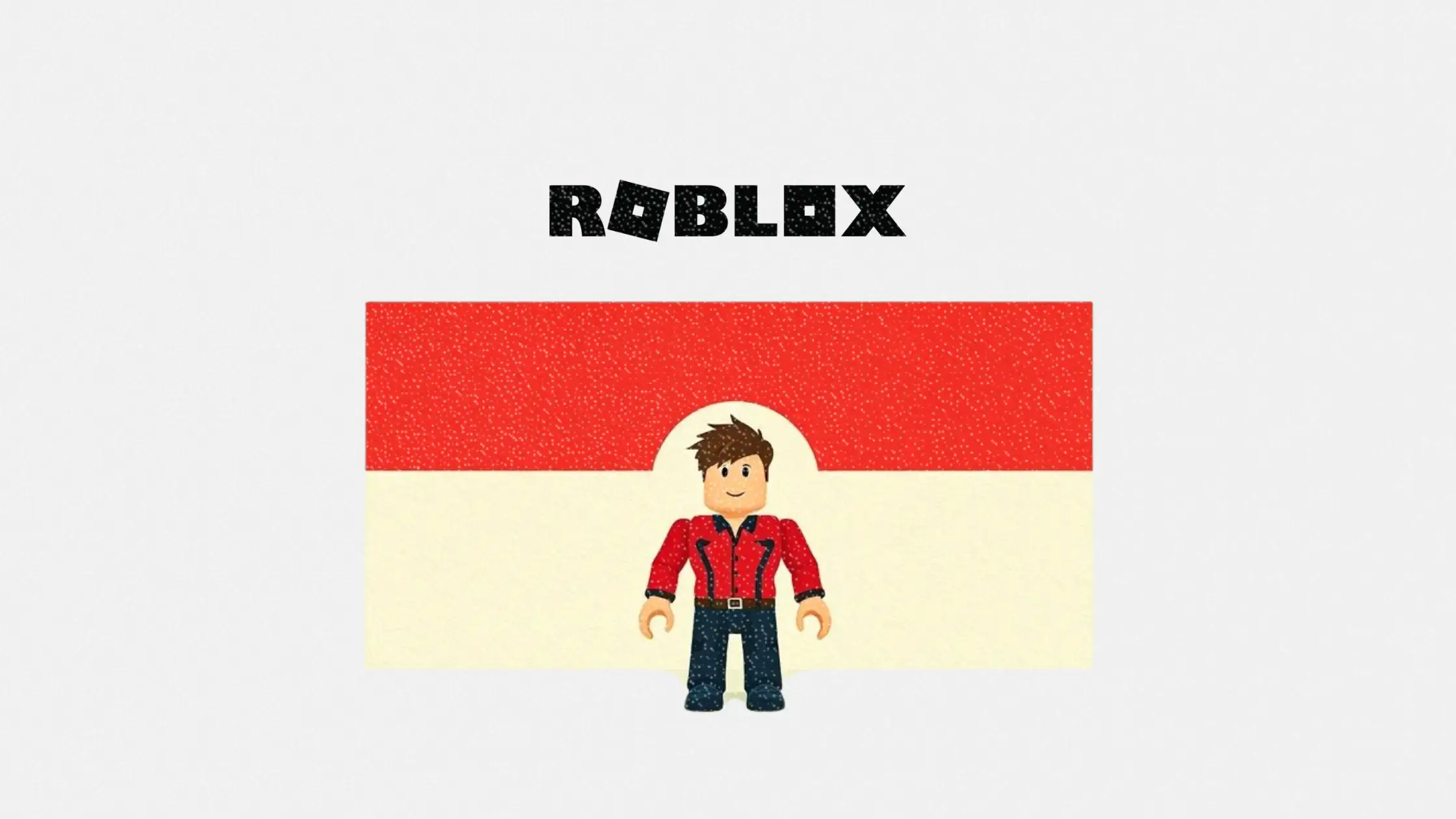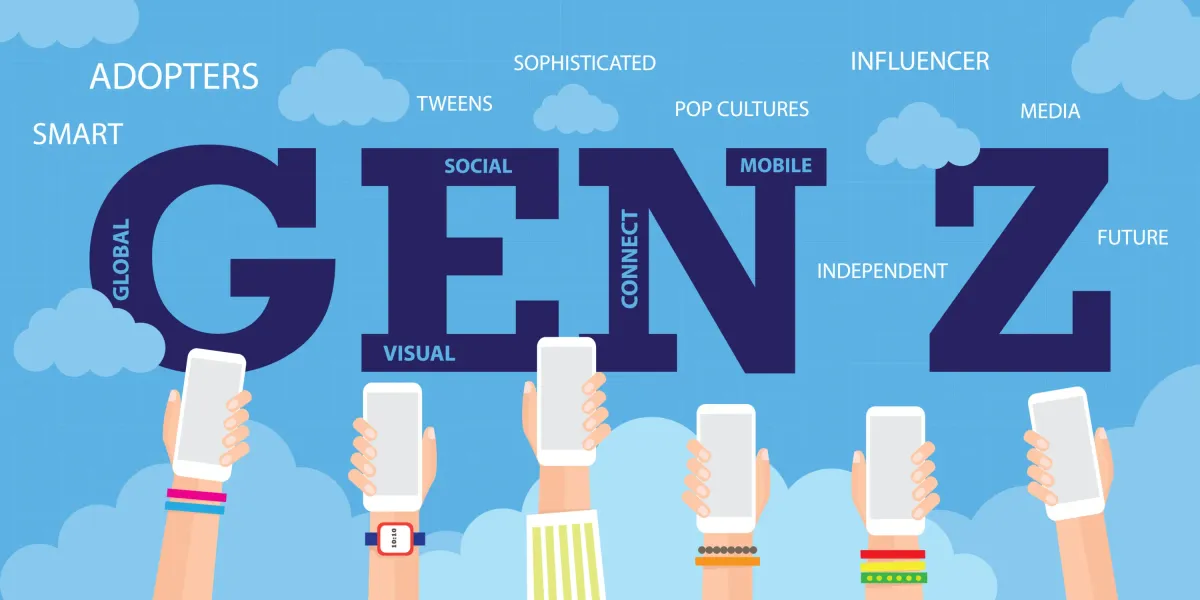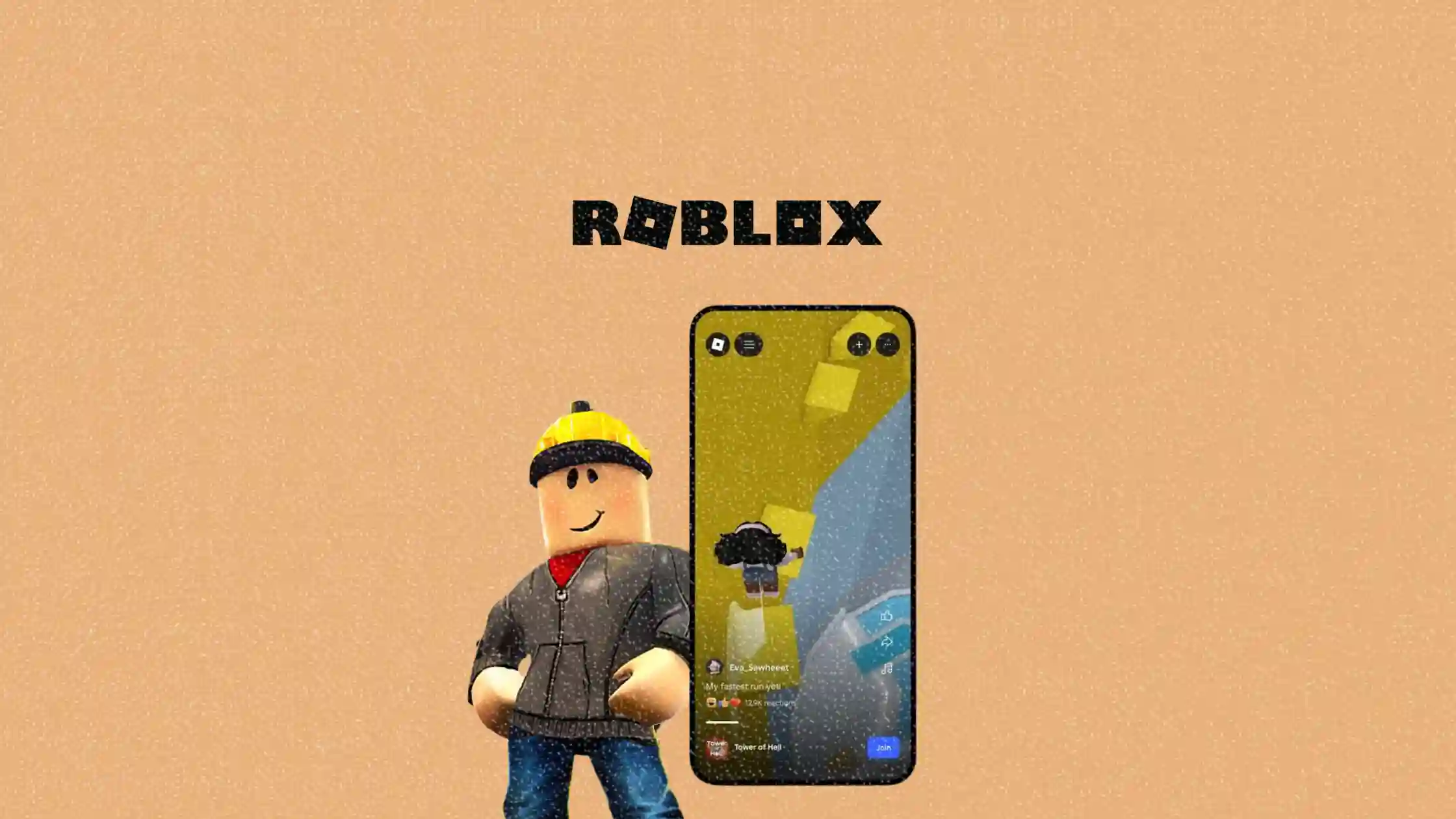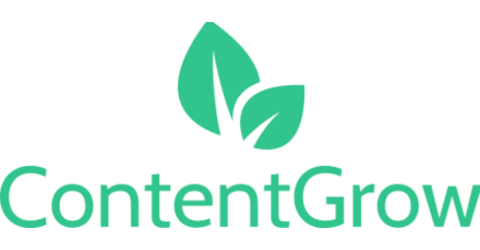Roblox dodges Indonesia ban with age rating revamp
Facing regulatory heat, Roblox aligns with Indonesia’s content standards to stay online

Roblox is back in regulatory hot water, this time in Indonesia. The platform, widely used by young players, is now reviewing its content and age ratings to comply with Indonesia’s game classification system following pressure from government officials.
This article explores Roblox’s latest move to avoid a nationwide block, the broader implications for platform governance in Southeast Asia, and what marketers and digital ecosystem players should take away from the incident.
Short on time?
Here’s a table of contents for quick access:
- What triggered Indonesia’s Roblox crackdown?
- How Roblox is responding
- Why this matters for platforms and marketers
- What marketers should know

What triggered Indonesia's Roblox crackdown?
In August, senior Indonesian ministers issued strong warnings about violent content on Roblox. Minister of State Secretary Prasetyo Hadi went as far as suggesting the platform could be banned if it failed to address harmful elements. His statement followed Education Minister Abdul Mu’ti’s criticism that Roblox was inappropriate for primary school children.
Indonesia’s government has ramped up scrutiny of digital content, especially on platforms accessed by minors. The Ministry of Communication and Digital (Komdigi) oversees the Indonesian Game Rating System (IGRS), which classifies interactive electronic games based on age-appropriateness.
Under Government Regulation No. 17 of 2025 (PP Tunas), platforms are expected to comply with local content moderation and child protection standards, including registering with the SAMAN compliance system.

How Roblox is responding
In an official letter to Komdigi, Roblox expressed its commitment to reassessing its content in line with IGRS standards. The platform said it would work directly with Indonesian regulators to ensure proper classification, a move welcomed by Minister Meutya Hafid as “concrete steps to protect Indonesian children while strengthening the digital creative industry ecosystem.”
Roblox’s letter also mentioned plans to share findings from an economic impact study, which underscores its contributions to local developer growth in Indonesia.
Beyond Indonesia, Roblox has been making global moves toward standardized content moderation. It recently joined the International Age Rating Coalition (IARC), allowing it to implement region-specific classifications such as ESRB (US), PEGI (Europe), and now, IGRS (Indonesia).
“Roblox is committed to creating a safe platform for our users and empowering parents to make the best decision for their children,” said Matt Kaufman, Roblox’s Chief Safety Officer.
Why this matters for marketers
Indonesia is one of Southeast Asia’s most active gaming markets and a key growth region for platforms like Roblox. But it is also a market increasingly defined by assertive digital regulation.
The government is pushing a dual narrative: Indonesia should not just be a consumption market but a talent hub and safe digital environment. This means platforms must invest in compliance and local engagement, not just user acquisition.
Regulators are also demanding more accountability from global players. Roblox has been asked to open a local office and comply with child protection mandates under PP Tunas. The country’s SAMAN moderation system will further scrutinize whether global platforms adhere to Indonesian content laws.
What marketers should know
For marketers, developers, and platform operators navigating Southeast Asia’s evolving digital space, here are three strategic takeaways:
1. Compliance isn’t optional anymore
Indonesia is sending a clear message: follow the rules or risk getting blocked. Marketers working with platforms or games in this region must factor in local classification systems, government expectations, and legal compliance when planning partnerships or campaigns.
2. Think beyond reach. Think alignment
Having users in a market isn’t enough. Regulatory alignment and local ecosystem support (like economic impact studies or developer training) are becoming critical levers for maintaining platform access and reputation.
3. Digital safety is a branding issue
Even if your brand isn’t directly involved in game development, being associated with platforms under fire for child safety concerns can be risky. Staying informed and proactive about platform compliance is key to managing brand safety.
Roblox’s concessions in Indonesia may signal a broader shift in how global platforms engage with national regulators, especially in high-growth but tightly governed markets. For marketers and tech leaders, this case is not just about compliance. It is a preview of how trust, safety, and localization will define digital success in the years ahead.





